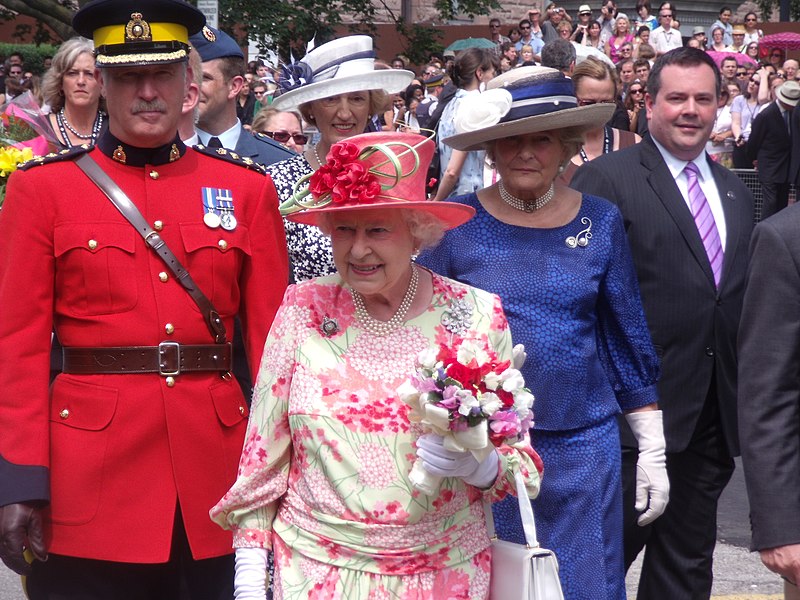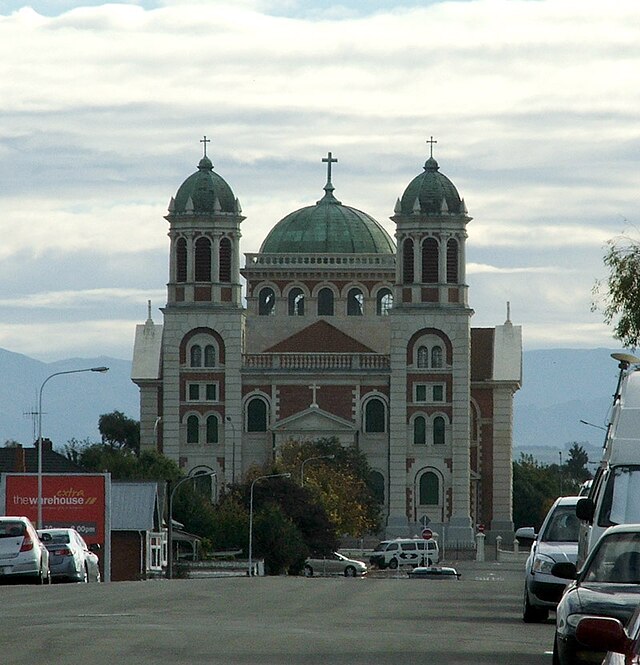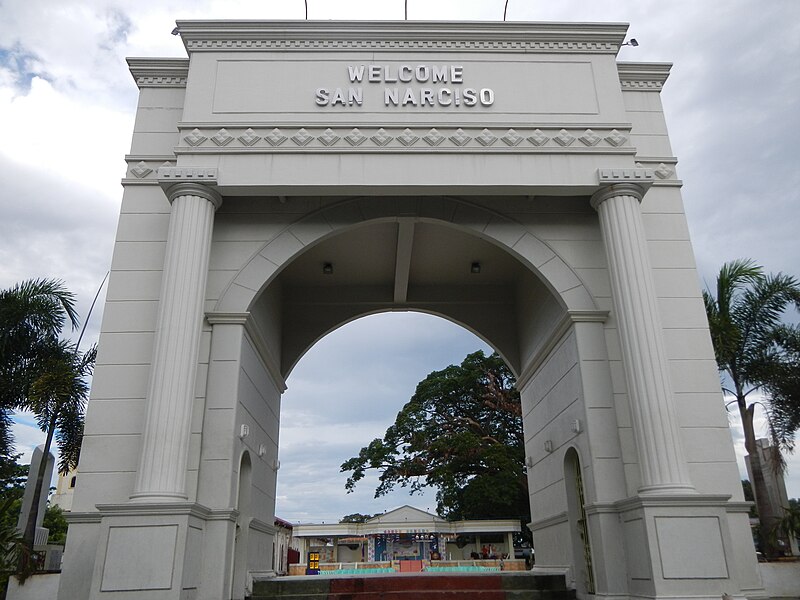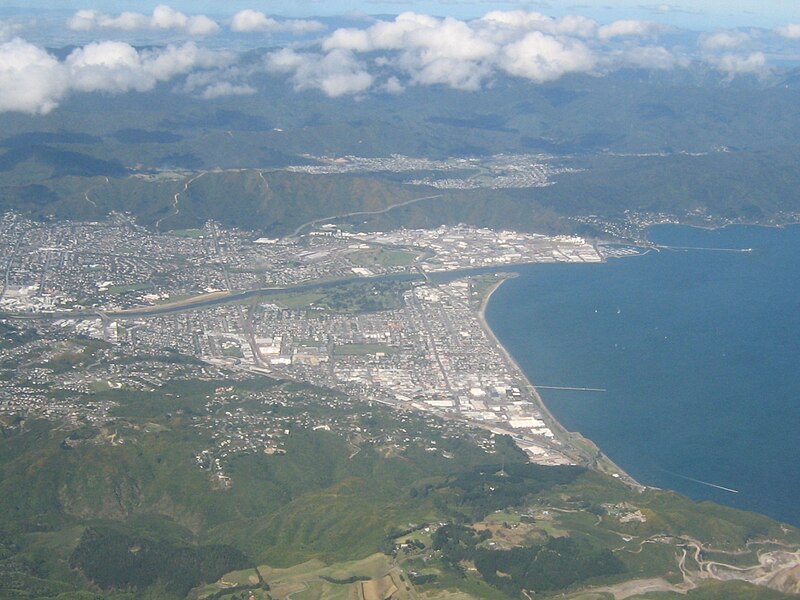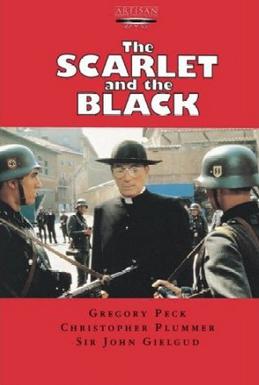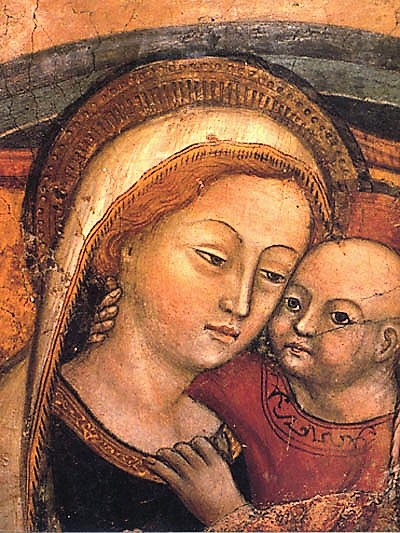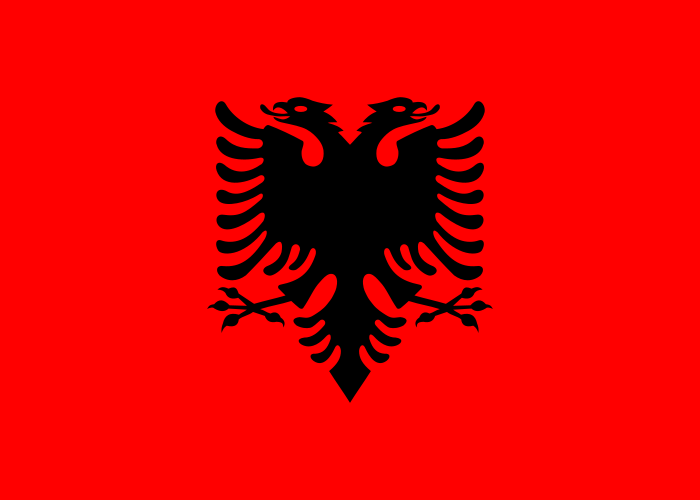Lala, with Jordan
I first wrote the post below for the short-lived Negros Times in October 2008. I have re-posted it a number of times because Lala's story is one that should be told over and over again. Today she has been celebrating her 35th birthday on a pilgrimage to Lipa City, Batangas, south-east of Manila, with members of Faith and Light, which holds a pilgrimage every year on or near the Feast of the Nativity of Mary. No doubt, there will be something to mark the occasion at Punla, Ang Arko, where Lala lives, the only L'Arche community in the Philippines, in Cainta, Rizal, part of the metropolitan sprawl of Manila. L'Arche, which might be called the 'older sister' of Faith and Light, is celebrating its Golden Jubilee this year.
The Pope's Universal Prayer Intention for September is: That the mentally disabled may receive the love and help they need for a dignified life. The truth is that persons with mental or learning disabilities can teach the rest of us about the dignity of life, as the photo above of Lala helping Jordan with his meal shows.
St Sebastian Cathedral, Lipa City, Philippines [Wikipedia]
Let us show our service to the poor, then, with renewed ardour in our hearts, seeking out above all any abandoned people, since they are given to us as lords and patrons. (St Vincent de Paul, used in the Office of Readings for his feast day, today.)
Both Lala and Queen Elizabeth II have have two birthdays, the real one and the official one. Lala’s official birthday is 27 September, the feast day of St Vincent de Paul, and she turns 35 today. Queen Elizabeth’s official birthday is celebrated in 53 Commonwealth countries, but not on the same date. Only the Falkland Islands observes her official birthday on her real one, 21 April. In the United Kingdom the Queen’s official birthday can be on the first, second or third Saturday in June. She turned 88 on her last birthday.
While there’s no confusion about the date of birth of Queen Elizabeth, there is about that of Lala. The young Princess Elizabeth was born in a palace in London. Lala was found shortly after birth in a trashcan in Cebu City in the central Philippines. Those who found her took her to the Asilo De La Milagrosa, the orphanage of the Daughters of Charity there. The Sisters noticed that the little girl had Trisomy 21 (Down Syndrome) and took her in and raised her. Since they didn’t know who her parents were they had to choose a name for her.
St Vincent de Paul (24 April 1581 - 27 September 1660)
The Sisters chose 'Vicente' as her family name, in honor of St Vincent de Paul, and 'Louilla' as her Christian name, in honor of St Louise de Marillac. The two saints founded the Daughters of Charity in France in 1633. Lala, as all her friends know her, probably has something else in common with St Louise. She was almost certainly born out of wedlock, as the saint was, and, like St Louise, never knew her mother. I suspect that Lala’s mother, probably very young and unmarried, panicked – this possibly added to when she saw that her daughter wasn’t 'normal' - and left her baby where someone could find her and take care of her.
St Louise de Marillac (15 August 1591 - 15 March 1660)
I first met Lala in Cebu in 1992 at a Faith and Light celebration. We had just begun a community there, after a retreat given by the co-founder of the movement, Jean Vanier, a Canadian layman, in Holy Family Retreat House, Cebu City, in October 1991. During the retreat he gave a public talk in the auditorium of St Theresa’s College, as I recall, and a group of interested people got together after that. The gathering at which Lala was present included members of Faith and Light from Manila who had come to tell us more about the movement.
I could see immediately that Lala had a special gift – she’s a natural 'ice-breaker'. Though she seldom says anything, she lights up any group into which she comes, unless she’s in a bad mood, which happens from time to time.
Lala became a member of our Faith and Light community in Cebu but I lost contact with her when I went to Lianga, Surigao del Sur, in 1993 as parish priest and to Manila the following year to become vocation director of the Columbans. But one day when I visited the L’Arche community in Cainta, Rizal, known as 'Ang Arko', I was surprised to see Lala there. L’Arche, the French for 'The Ark' as in Noah’s Ark, was founded by Jean Vanier, in 1964 when he invited two men with learning disabilities, Raphael Simi and Philippe Seux, who had been living in an institution, to join him in a small cottage he had bought and was renovating in the town of Trosly-Breuil, France. Jean had no intention of founding anything, but he realized very quickly that he had made a commitment to these two men. One of them, I forget which, chose to live independently some years later, something he could never have done had he stayed not met Jean. Out of these small beginnings has grown an international movement of about 130 residential communities where those with learning disabilities are enabled to live in a family-type situation and to develop their abilities to the greatest extent possible.
Jordan and Raymon, now young men, were welcomed by Ang Arko when they were very young. Both have physical as well as learning disabilities. The original house was in Manila but the community moved later to Cainta.
Lala and Hachiko, each looking more content than the other!
In Holy Week 2001 I attended the international pilgrimage of Faith and Light to Lourdes as chaplain to the group from the Philippines. Lala was one of the twelve or so Filipinos.
The Easter Vigil was celebrated in the underground basilica. Some of the Old Testament Vigil readings were dramatized. During the account of creation when the words 'God created man in his image; in the divine image he created him' were read, a spotlight shone on a young man in a wheelchair. But what moved me most was when 'Lala' was part of a group dramatizing the reading of the Exodus.
I simply marveled at the fact that a young woman who should never have been born, according to the 'wisdom' of so many, left after birth among garbage, was on the other side of the world helping to proclaim the Word of God to thousands of people, many like herself, and doing so with the joy that permeates her soul.
Queen Elizabeth, Queen of Canada, in Toronto in 2007. (Ever since I was a small child I've just loved the scarlet jackets of the Royal Canadian Mounted Police. I used to draw Mounties with crayons but never evolved into an El Greco or a Van Gogh.)
Queen Elizabeth has been blessed by God with a long and healthy life, in which she continues to serve her people with dignity. Though Queen Elizabeth is among the richest people in the world, Lala, also with her two birthdays, enjoys even greater riches, because the words of Mary’s prayer, the Magnificat, have been revealed in her life: 'God has lifted up the lowly'.
The Visitation, El Greco painted 1610-13. (From Web Gallery of Art.)
Magnificat, (Luke 1:46-55) by Marco Frisina, an Italian priest based in the Vatican
- My soul proclaims the greatness of the Lord,
- my spirit rejoices in God my Savior
- for he has looked with favor on his lowly servant.
- From this day all generations will call me blessed:
- the Almighty has done great things for me,
- and holy is his Name.
- He has mercy on those who fear him
- in every generation.
- He has shown the strength of his arm,
- he has scattered the proud in their conceit.
- He has cast down the mighty from their thrones,
- and has lifted up the lowly.
- He has filled the hungry with good things,
- and the rich he has sent away empty.
- He has come to the help of his servant Israel
- for he has remembered his promise of mercy,
- the promise he made to our fathers,
- to Abraham and his children for ever.
'The clouds parted and Your light, oh Lord, shone down upon us.'






